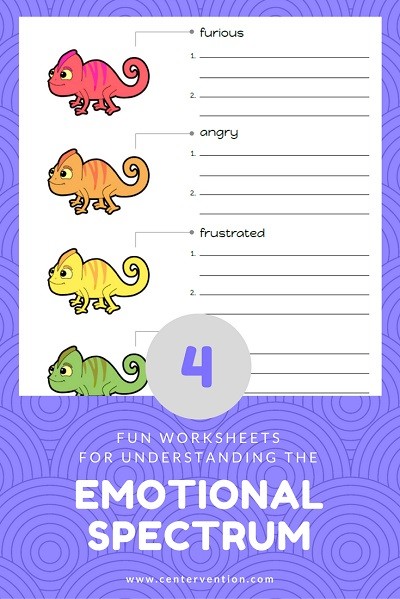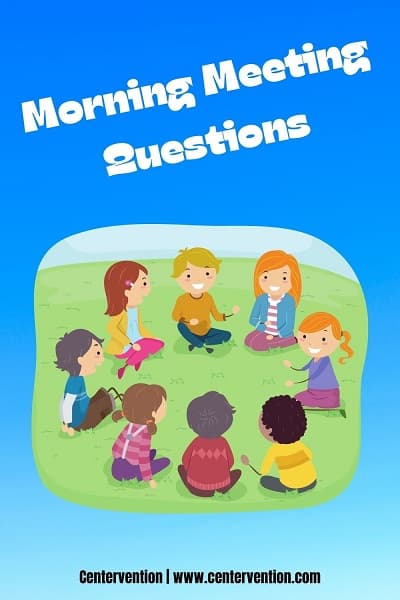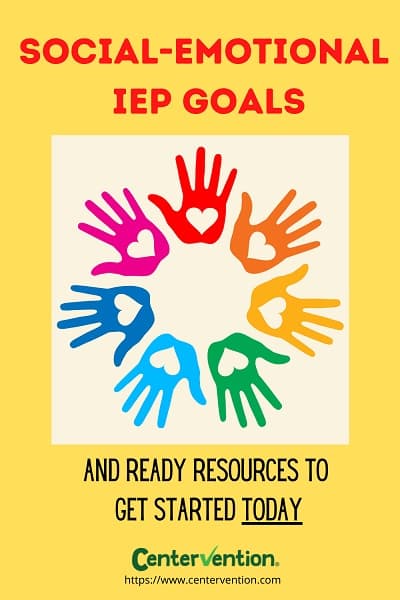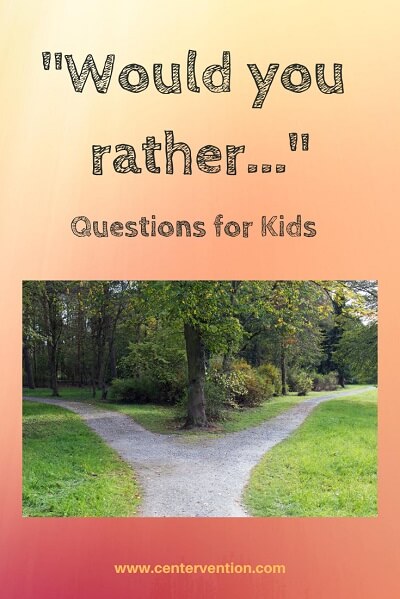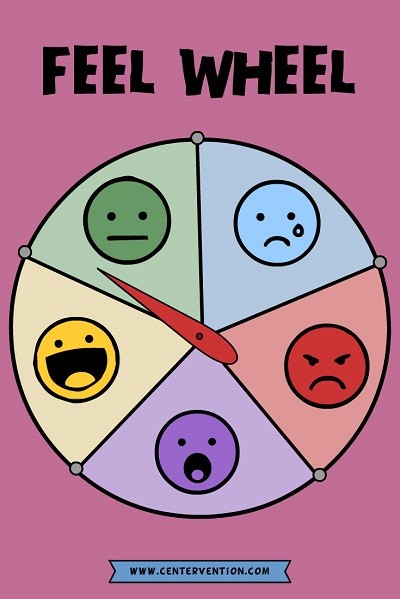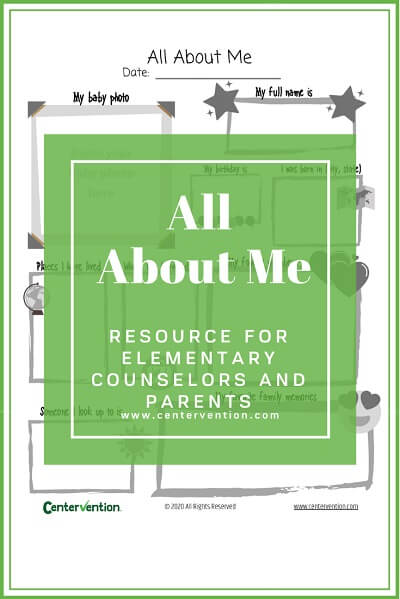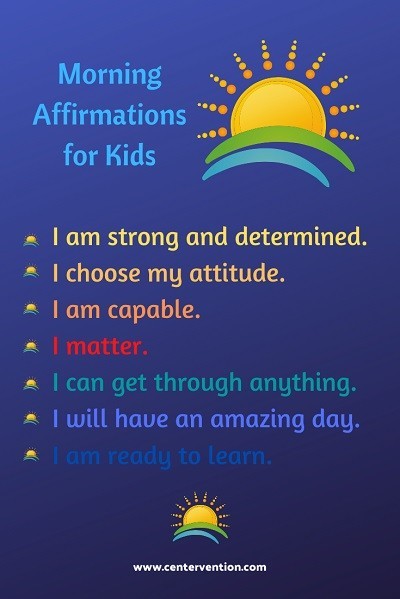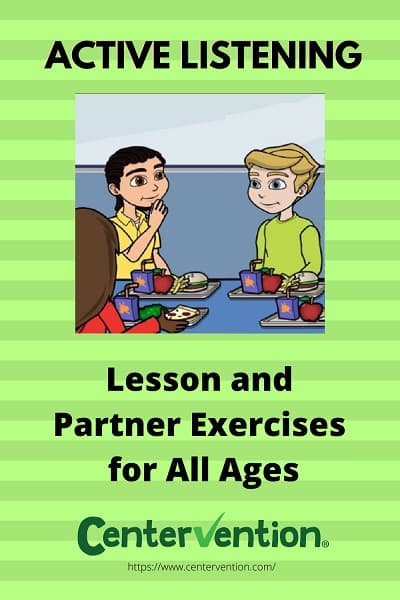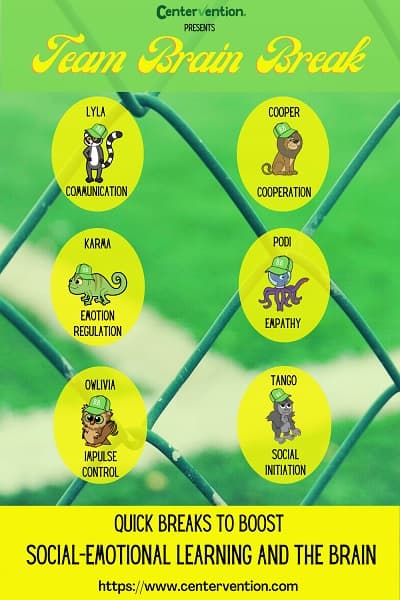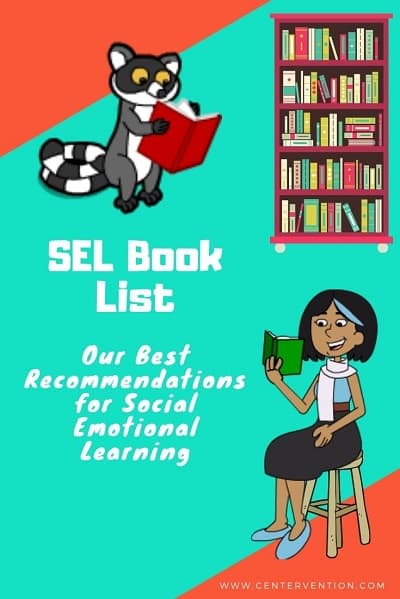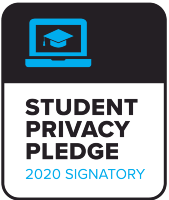Supplemental Resources for Communication
List of Emotions: 135 Words that Express Feelings
The list of emotions a typical pre-K child understands may be limited to happy, mad, sad, and scared (Harter, S., & Buddin, B. J.), but as they grow, the list expands, and they develop a more nuanced vocabulary to explain how they feel.
Morning Meeting Questions
A morning meeting may look a little different from one classroom to the next, and can include a range of activities from getting to know you conversations to themed prompts focused on a specific content area. Consider including these four components in Morning Meetings: Greetings, Sharing, Activity, and Housekeeping.
Feelings Wheel
The Feelings Wheel is a tool created by Gloria Wilcox in 1982 for teens and adults seeking to better understand and explain their emotions. This unique circular design allows users to navigate and explore their feelings, moving from broader categories to more specific emotions, thereby fostering emotional intelligence, self-awareness, and effective communication.
All About Me Worksheet
Recommended Grade Level: Elementary and Middle SEL Skill(s): Communication Duration: 30 minutes Materials: (available in Supplemental Resources section of your Centervention Educator Account) All About Me Worksheet This all about me worksheet is a great way to help students get to know each other and get families engaged! It has two parts, each of which can be added to the student’s SEL journal. We’ve added typable fields to the worksheet (with the exception of locations ... Read more
50 Positive Affirmations for Kids
Positive affirmations are ideas and phrases that help us overcome negative thoughts and feelings. During challenging and uncertain times, it’s important to remain hopeful, and positive affirmations are a great way for students and educators to start the day.
Active Listening Exercises
Recommended Grade Level: Elementary, Middle, and High SEL Skill(s): Communication Duration: 30 minutes Materials: Educator Instructions for Active Listening Exercises Small Group Active Listening Exercises Gather students in a common area and ask one student to come forward. Tell students that when we listen with our ears, eyes and bodies it’s called active listening. Next tell the group you will show what it looks like when someone is not being a good listener. Partner Active ... Read more
